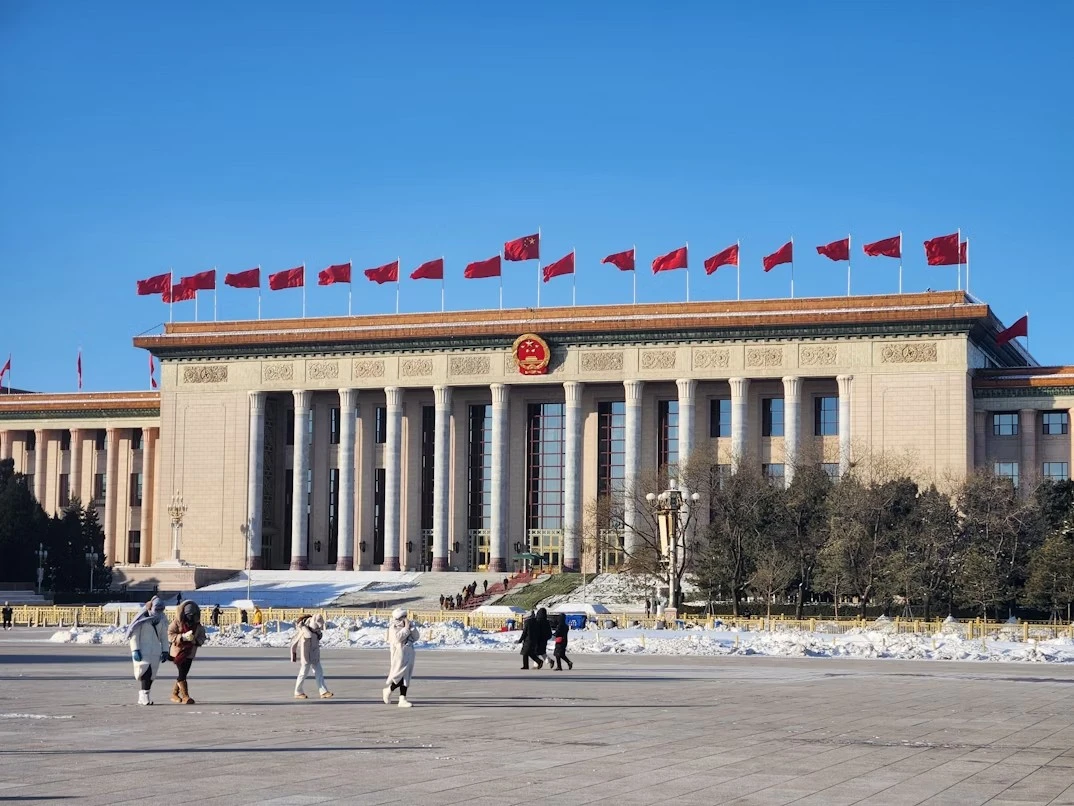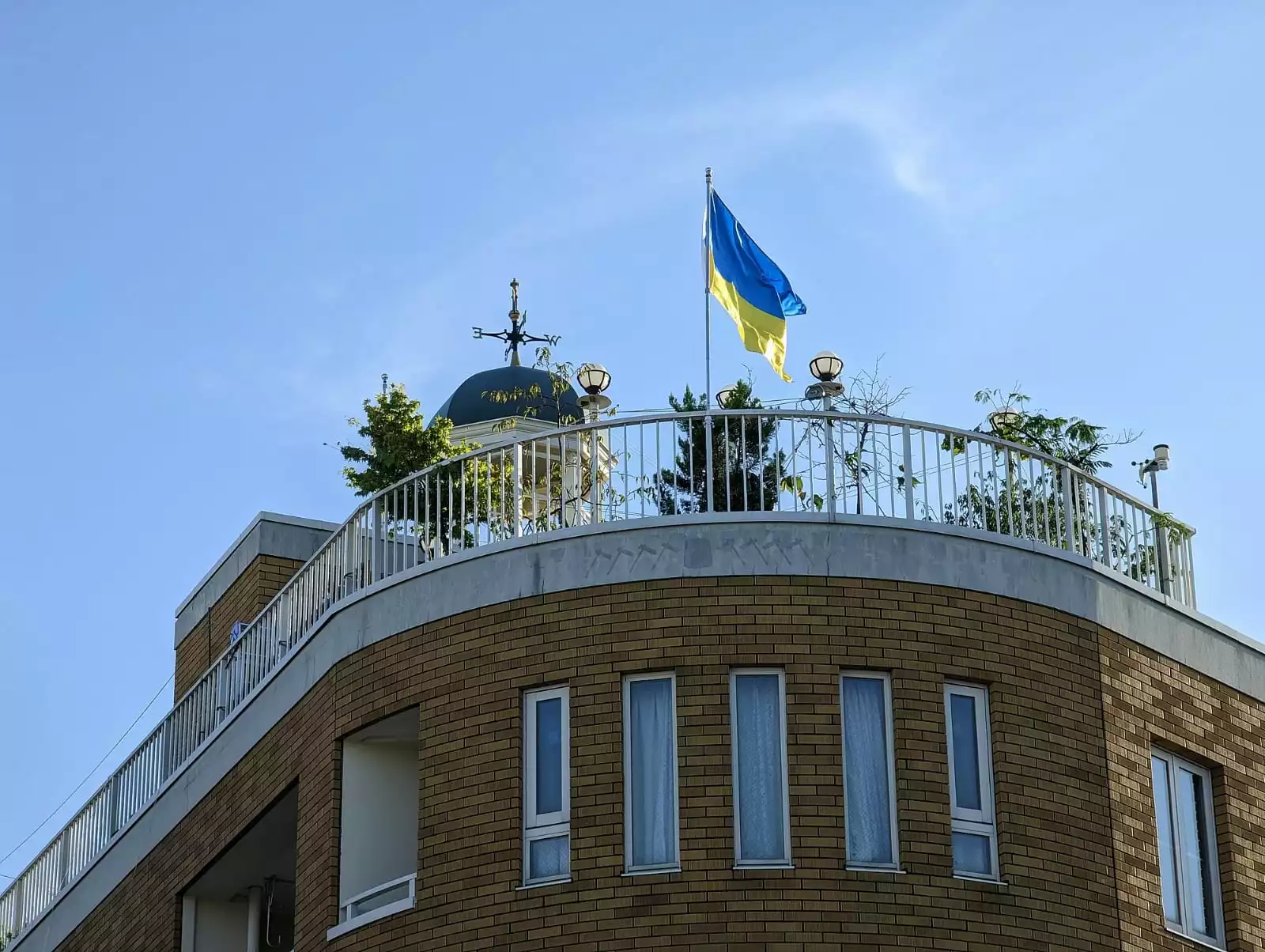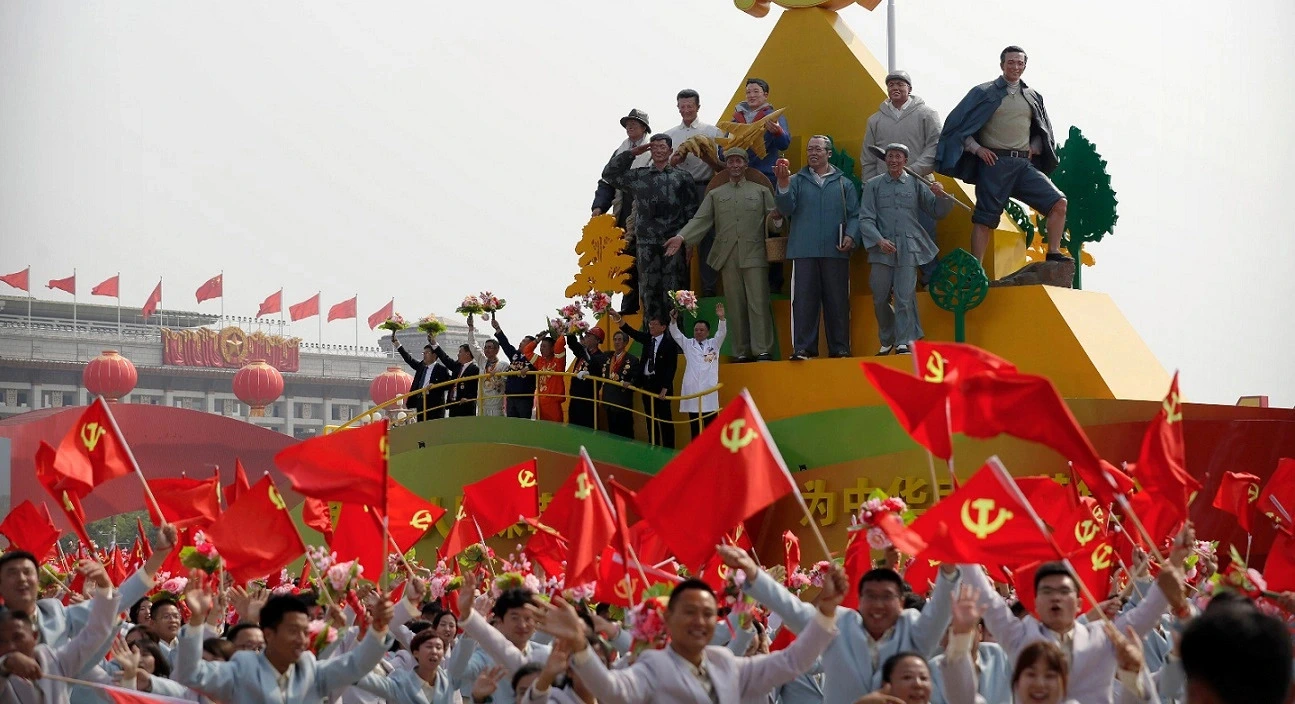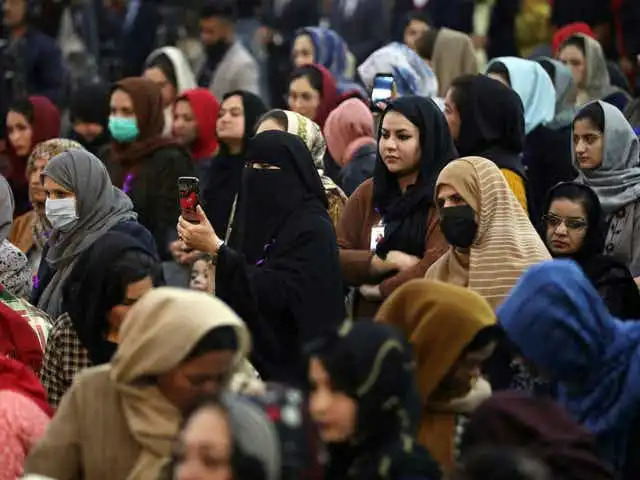The President of the Republic of Korea (ROK), Yoon Suk Yeol, declared martial law on December 3rd. However, he rescinded the order only six hours later. Furthermore, on December 7, he publicly apologized. Nonetheless, the main opposition party, the Democratic Party, immediately requested his resignation or face impeachment.
The PRC reacted through its Embassy in Seoul. It suggested that its citizens in the ROK refrain from expressing political opinions and should comply with the official orders issued by the ROK. These positions conform with the PRC’s long-standing principle of non-interference in the internal affairs of other countries.
However, in sharp contrast to pursuit of international harmony, we can witness the reactions of the U.S. government and American mainstream media. The U.S. official reactions were relatively mild compared to the corporate media. However, as we see below, the official press reveals the qutheiet parts of Washington’s statements out loud. The media reads between the lines of the elusive White House and State Department declarations. By so doing, the corporate press reveals to the public the thinking behind Washington’s positions, especially regardi
The Washington Reactions
The December 3rd State Department routine press briefing was converted into a heated question-and-answer debate in response to journalists’ questions regarding the ROK. More than 1/3 of the briefing dealt with the ROK, despite other burning issues related to the Middle East. The State Department's principal deputy spokesperson, Vedant Patel, did not directly answer questions regarding the U.S. view on the imposition of martial law. However, the representative did underscore no less than six times that U.S.-ROK relations are “ironclad.”
For those critical observers of U.S. foreign policy, the code word “ironclad” carries great significance. It has often come to signify that, irrespective of the reprehensible behavior of an American ally, Washington overlooks it to maintain the alliance. On December 4th, U.S. Deputy Secretary of State Kurt Campbell, President Biden’s Asia coordinator, reacted to the ROK situation. He said President Biden, National Security Adviser Jake Sullivan, and Secretary of State Anthony Blinken are all being appraised of the problem. Campbell also concluded that the U.S.-ROK alliance is “ironclad.”
On the same day, Blinken “welcomed” the rescinding of martial law. However, he added, "We reaffirm our support for the people of Korea and the U.S.-ROK alliance based on shared principles and the rule of law.” Later that day, Blinken offered an interview with Reuters. Like his spokesperson in Washington, he avoided directly providing a judgment as to the justification for the martial law. He nonetheless stated that U.S.-ROK ties represent “one of the most critical alliances we have anywhere in the world.”
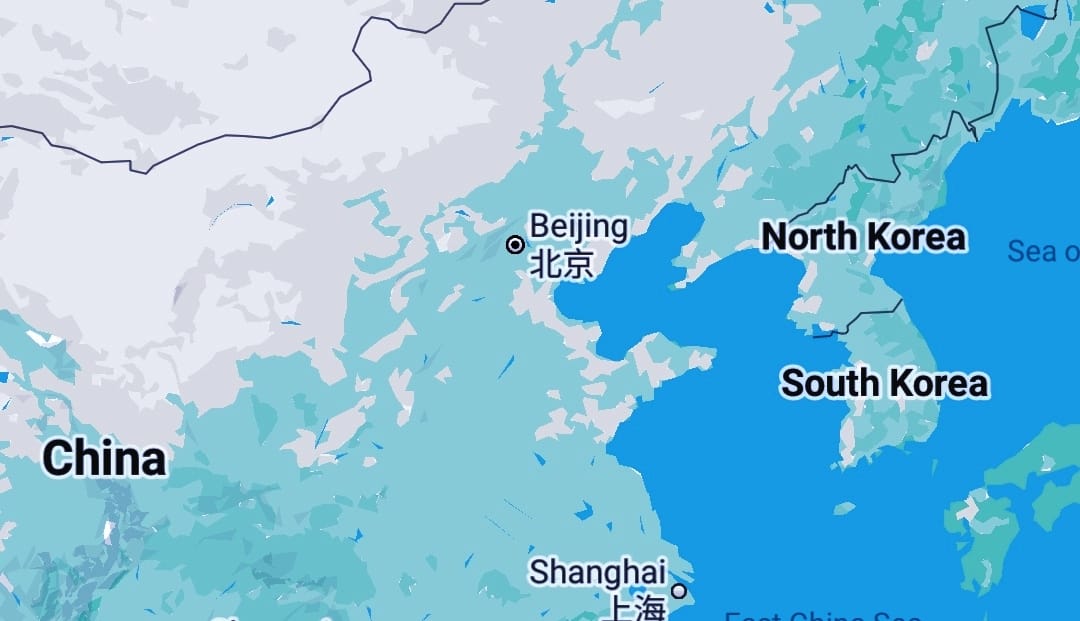
The American Corporate Press Weighs In: China is the Issue
While the official Washington narrative has never mentioned China openly, the corporate media does. The reporting varies depending on the preferred political option of the media, pro-Democrat or pro-Republican. However, “China containment” is the common denominator. Whether intentional or not, these editorial policies serve to complement the statements by the official political circles. For example, ABC, which is prone to support the Democrats, is milder than the pro-Republican Fox News. ABC, nonetheless, chose to quote a retired U.S. Real Admiral who claims that the tension in ROK “poises fresh frustration for the Biden administration and its legacy of promoting democracy abroad, as well as its strategy of containing China by bolstering other partnerships in the region.” The pro-Democrat New York Times wrote that Biden is in a difficult position now as he must deal with a conservative leader to enhance “military ties to better counter China, North Korea, and Russia.”
The Fox News video report was more about China than the ROK. It headlined “The China Threat” in menacing giant letters. It featured the views of U.S. think tank researcher and author Gordon G. Chang. FOX dramatically plugged his book: “PLAN RED: China’s Project to Destroy America.”
Considering the different degrees of “China containment” narratives in the liberal and conservative media, they all indicate what is at stake when the political elite drops the keyword “ironclad.” They appear to favor an unconditional alliance with the ROK to “contain China.”
People-to-People Diplomacy
However, President Xi's far-sighted plans to open tourism to China further with a vastly expanded visa-free policy have already impacted inbound tourism from the ROK. Since November 8, 2024, this country has been added to the 38 countries, enjoying free and rapid visa access. On December 2nd, one of China’s most important travel agencies reported a 150% increase in ROK reservations from November 8 to December 2 compared to the same period last year.

In addition, a few days after the visa-free policy was enacted, one Chinese airline company announced a 20 % increase in flight reservations from the ROC. Eighteen daily return flights now operate between the ROK and three Chinese cities. This people-to-people diplomacy can contribute to restraining any hostile policies by the ROK fostered by the U.S.
Editor's Note:
The views and informations expressed in the article are solely those of the author and may or may not reflect the views of The International. We believe in providing a platform for a range of viewpoints from the left.
